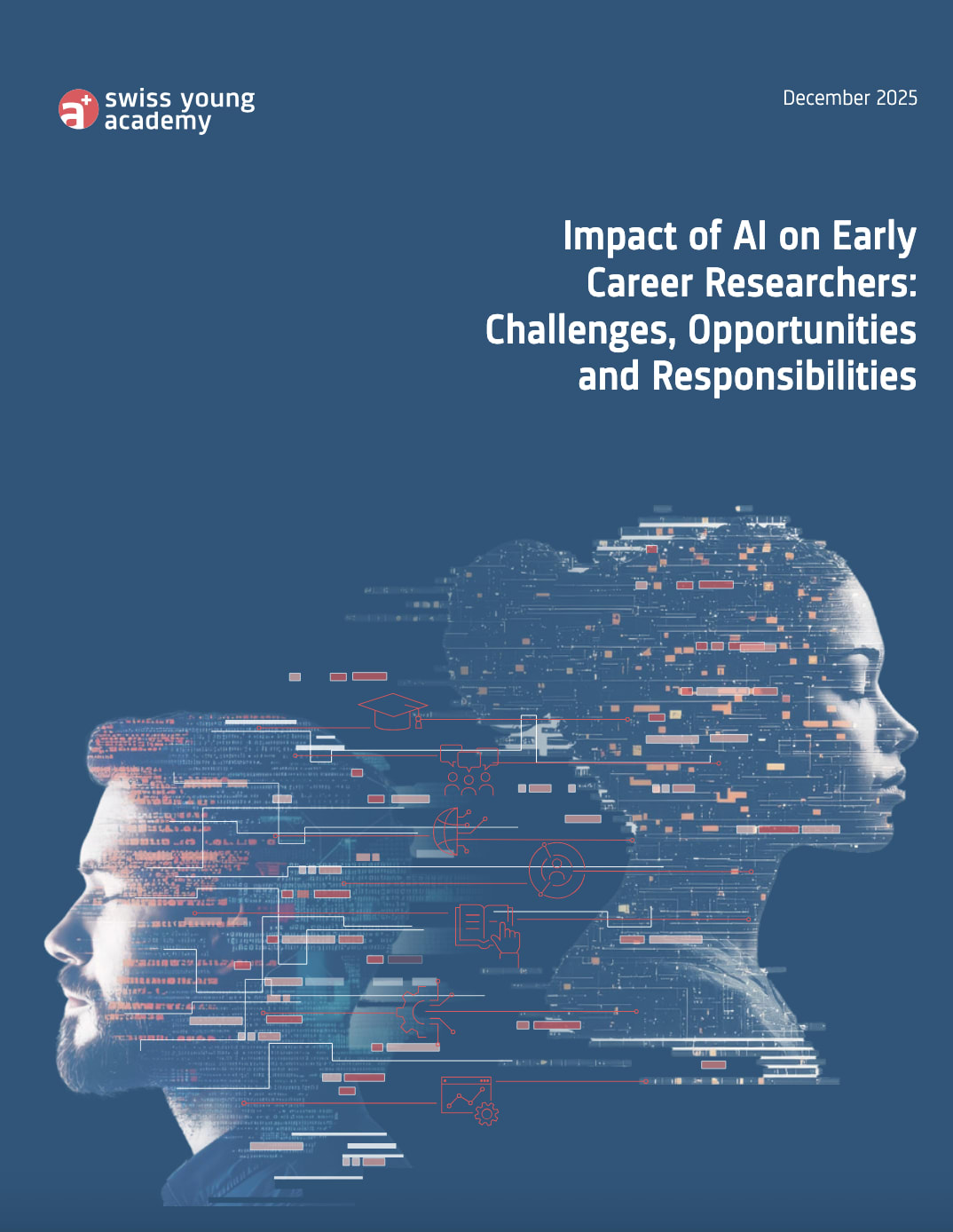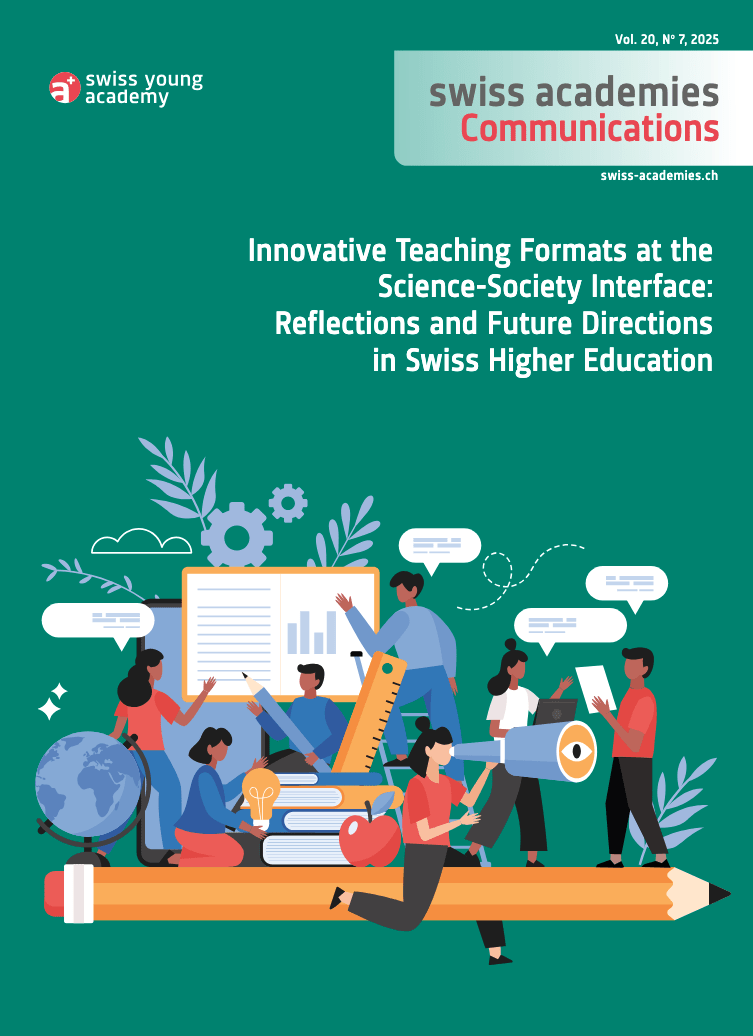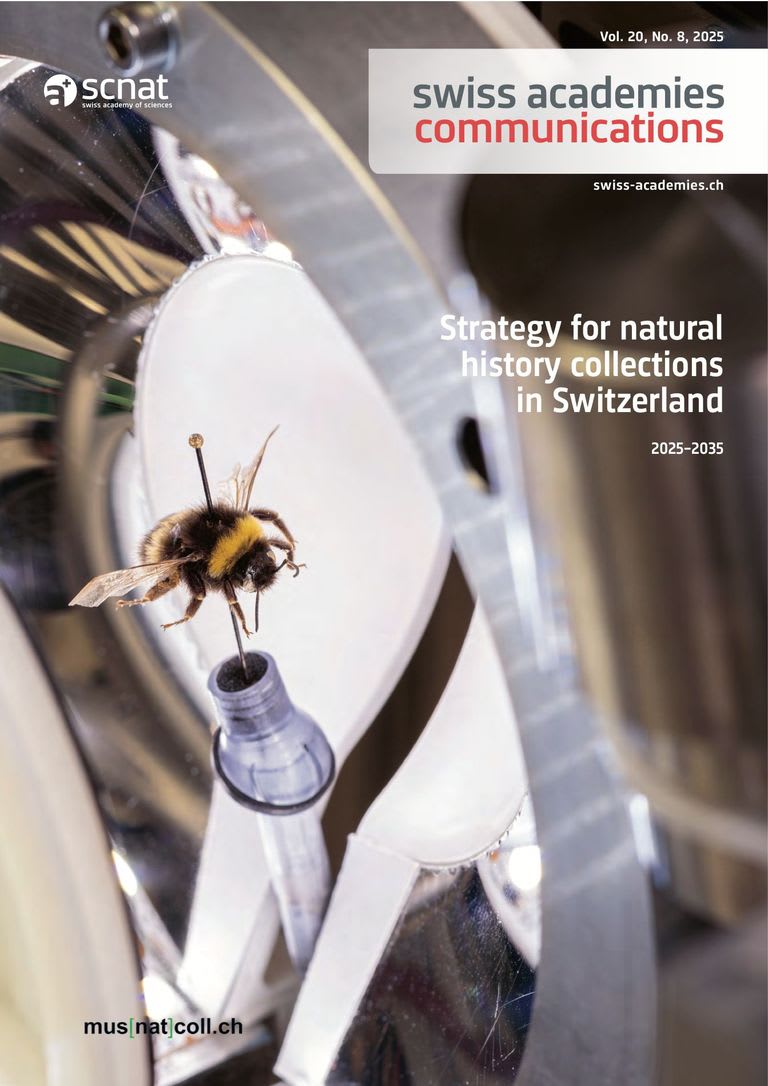Swiss Academy of Sciences SCNAT
Focus climate Switzerland. Principles, consequences and perspectives.
SWISS ACADEMIES REPORTS, VOL. 11, NO 5, 2016
Mehr als 70 Schweizer Wissenschaftlerinnen und Wissenschaftler haben in den letzten drei Jahren zusammen mit ProClim – dem Forum für Klima und globalen Wandel der Akademie der Naturwissenschaften Schweiz (SCNAT) – und unterstützt durch das Beratende Organ für Fragen der Klimaänderung OcCC sowie das Bundesamt für Umwelt BAFU die für die Schweiz relevanten Ergebnisse des Fünften IPCC-Sachstandsberichtes (IPCC AR5) zusammengetragen. Die daraus gewonnenen Erkenntnisse wurden mit Resultaten aus wissenschaftlichen Studien mit direktem Schweiz-Bezug ergänz
Akademien der Wissenschaften Schweiz (2016) Brennpunkt Klima Schweiz. Grundlagen, Folgen und Perspektiven. Swiss Academies Reports 11(5).




